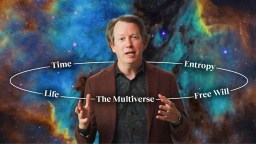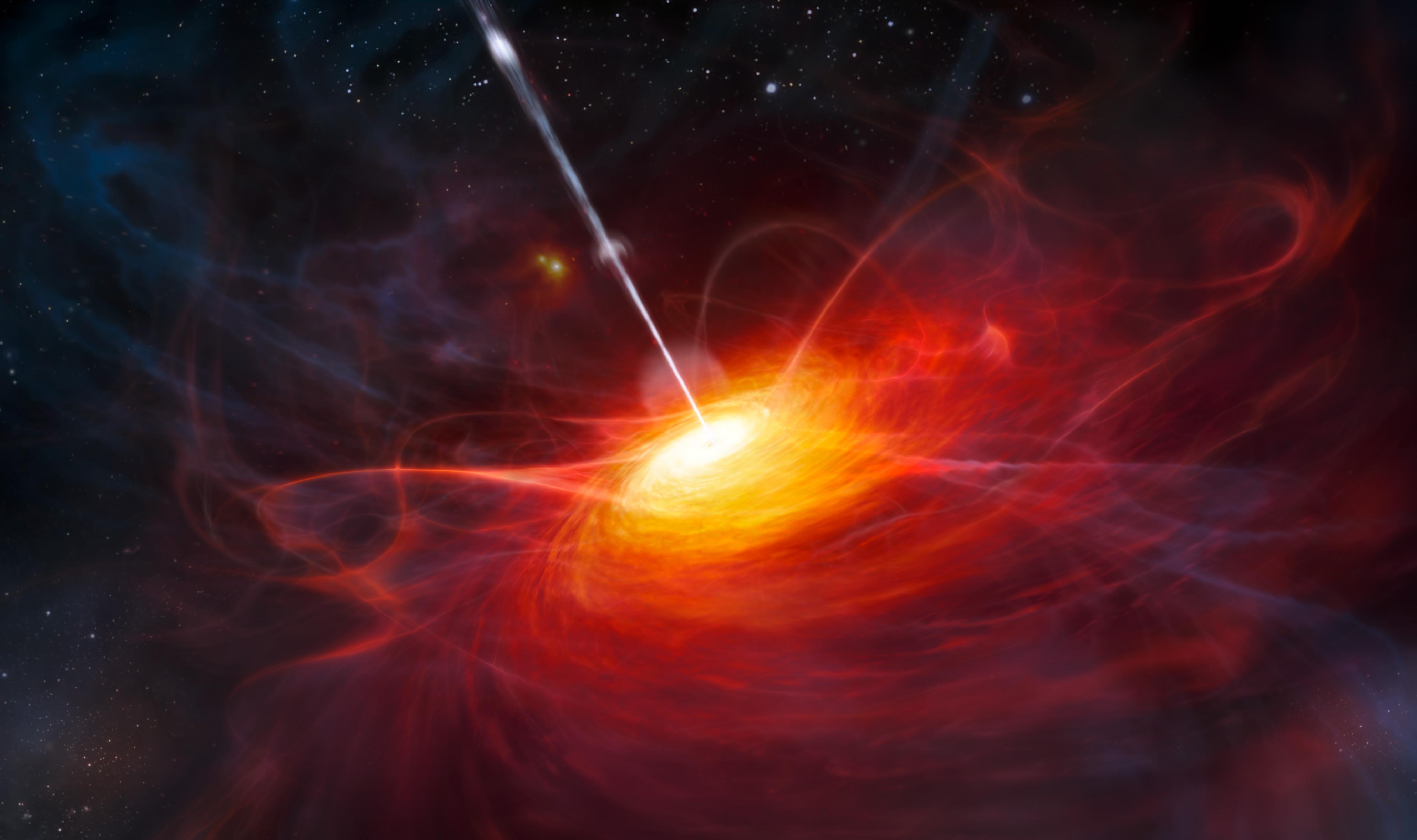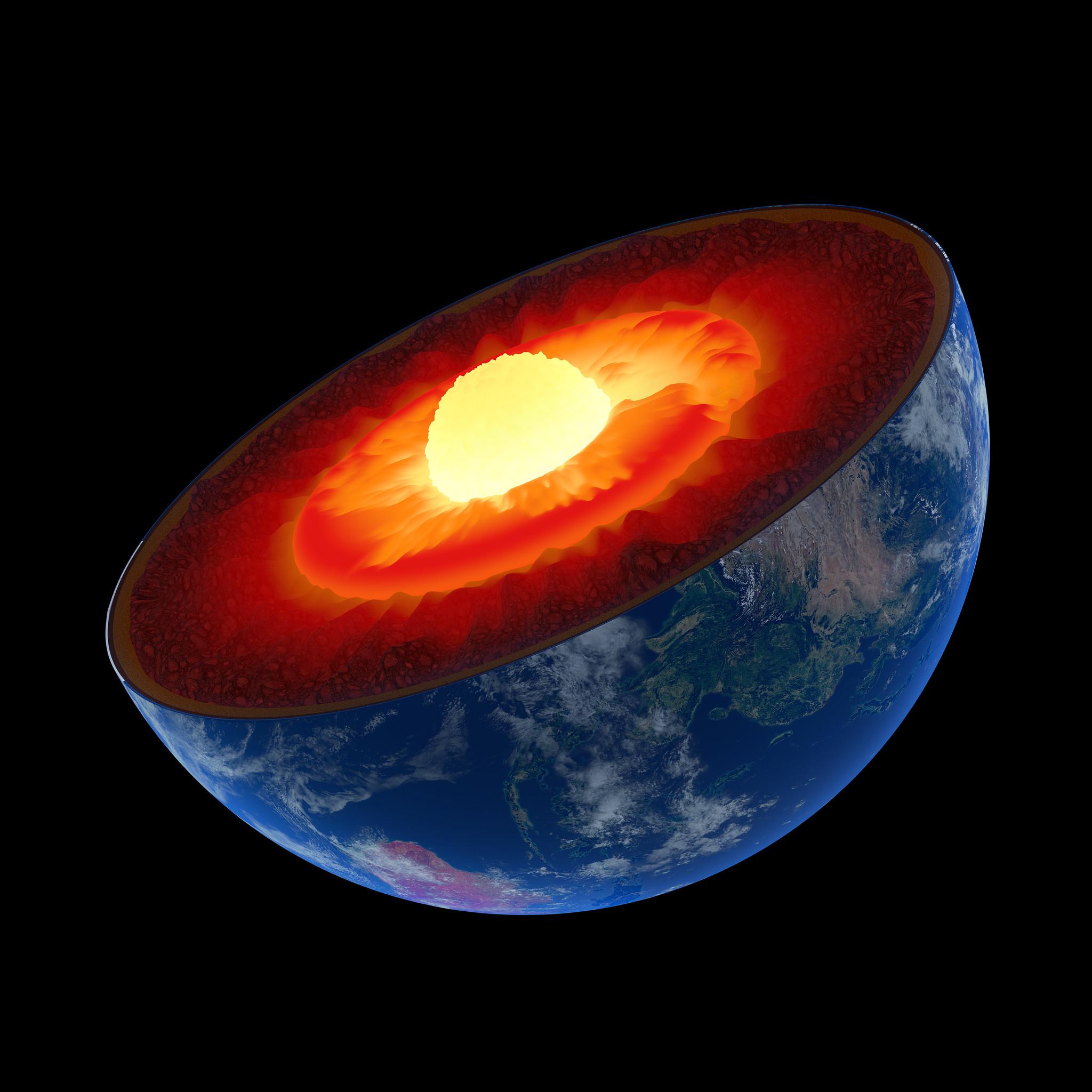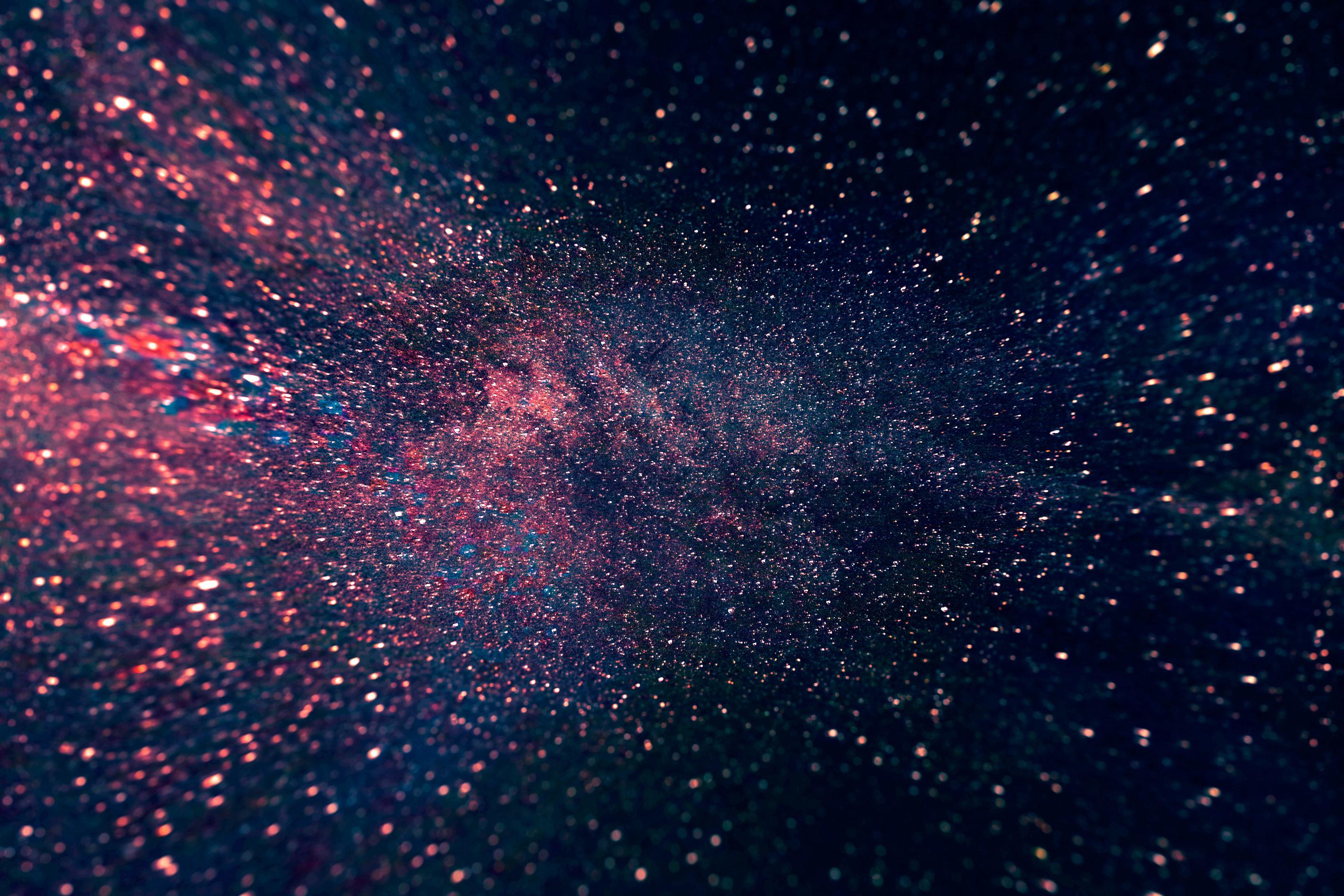Sign up for Big Think on Substack
The most surprising and impactful new stories delivered to your inbox every week, for free.
Are we living in a video game? If so, the joke is on us, says cognitive scientist Joscha Bach. When people debate the possibility of human existence as a simulation, it’s predominantly assumed that we are the players. Our overlord simulators are watching us, right? Well, that doesn’t seem to gel with the amount of detail present in our world and the observable universe beyond. Why did our cosmic creators bother to code trillions of galaxies into the viewfinders of our telescopes? The Higgs boson, for example, is not necessary for our existence, so who would have the time to add such irrelevant frills just for our amusement (maybe the simulators had a really great intern that summer)? The answer? It’s not made for us. According to Bach, if this is a simulation it’s unlikely that we are the main attraction and much more realistic that the simulators wanted to make a model of a universe to explore hypothetical physics. That tiny blue dot with primates mixing concrete all over the surface? “We are just a random side effect or an artifact of the fact that evolution is possible in this universe,” says Bach.
But, that explanation is purely hypothetical because Bach is confident that we are living in base reality. However it’s not bubble bursting from Bach: while we are not living in a simulation, we are living in a computer program. How can that be? Above, he explains why, and also gives his response to the ‘game console probability’ hypothesis popularized by Elon Musk.
Joscha Bach: Could we be living in a simulation? I think that is related first of all to the question of what we mean by a simulation. If the question is, “Could we be living inside of a computer program?” then my answer would be: of course, yes.
Because the only thing that we get with some certainty from the outside world is information. And the only thing that we find with certainty in this information is regularity. And for a system to produce regularity in information—that is, discernible differences that change in a way that is somewhat not random and somewhat predictable—for this, it needs to compute. So it’s necessary and sufficient for the universe—whatever else it does—that it computes. And we cannot really know what else it does.
So in my view it’s necessary and sufficient that the universe is some kind of computer in a pretty literal sense, by the way we define computers and computer science. It doesn’t mean that we know what kind of computational class this system is in and there is, I think, a lot of contest and ideas in physics about what kind of computational class the universe really is and what capabilities it has. What it can compute and what it cannot compute. But still, it’s computational in some sense.
The question of whether we are living in a simulation is more related to something more narrow, that is: is this computer program that we’re living in intentionally created, or is it just a natural occurrence? And of course we cannot really know this because no feature in the world clearly points at this thing being a simulation in this sense. I don’t see anything that would convince me that we are in a simulation. But if it is one, I don’t think it’s for our benefit. I don’t think that all these galaxies and stars and all the intricate elementary particle structures that we can observe in some sense—they are not necessary for our experience as primates on the planetary surface. It would be needed to be painted on the telescopes and microscopes by the simulator. So I don’t think that these are smokes and mirrors when we look into the sky and we see these bazillions of galaxies.
I do think that if this is a simulation then they would be an important feature of the simulation, which means the simulation is not there to create us. The simulation is probably there to explore some aspects of hypothetical physics, and we are just a random side effect or an artifact of the fact that evolution is possible in this universe, so we could emerge in it.
I think it’s very unlikely that we are in a simulation, because if I would build a simulation of a universe I would make the computer that it runs on “irreversible”. What that means is that the operations that happen in that universe can delete bits. It means that a state that you observe in the universe can have multiple possible states that it comes from. And if you look at what we know empirically in physics, that doesn’t seem to be the case.
Our universe seems to be reversible. And this means we cannot really delete bits. If you cannot delete bits it means that everything that we like is irreversible. You stabilize your body temperature, you forget yesterday’s body temperature in your body. It means that you have to delete bits in some sense. All those things that we are interested in—life, planets, stars, computers, organisms, minds—are irreversible in some sense. They all need to delete bits to keep their structures stable against the onslaught of the substrate, which has its different logic and its different direction that it wants to go into. So in some sense you get waste bits. You need to throw these bits out of your system, and this is what we as observers perceive as increasing entropy, these waste bits.
And if you would be living in a simulation like Minecraft, in Minecraft you can build perpetual mobiles. That’s because you don’t have entropies in Minecraft. Minecraft can delete bits. It can forget its previous state. This universe apparently cannot. So the reason why we cannot have nice things in this universe, why we cannot have perpetual mobiles, why entropy is always accumulating and is always going to get us in the end, why we will always have to die as living beings. That’s why life is always temporary. Every self-stabilizing system will only have a finite lifespan in this universe. That would not be a feature I would put into a simulation.
So there is this argument that, for instance, Elon Musk made, that we can build game consoles that create virtual worlds that look a lot like simulations to us of this universe. They can be so realistic that we cannot really distinguish them. And this argument is to mean that every civilization that has sufficient technical capabilities is going to build many of these game consoles, so the probability that when you look around and you find yourself in a pretty realistic looking world that you’re actually in a simulation is much higher than the probability that you are in base reality.
But I think what this doesn’t take into account is the level of detail that you’re going to achieve in such a simulation. It seems that our universe has an amazing amount of detail and to get this amount of detail in a subset of this computer, it’s very hard because if you build a computer here on this planet it means you cannot simulate a big universe in it. You can only simulate a very, very, very small slow universe in it. So every universe that you stack into another universe is going to have many orders of magnitude less detail.
So I think if you find yourself in a very detailed universe that has many, many galaxies and much more detail than you need to have intelligent life and civilizations in it and so on, it’s unlikely going to be a simulated universe created by a civilization. It’s more likely that it’s base reality.






